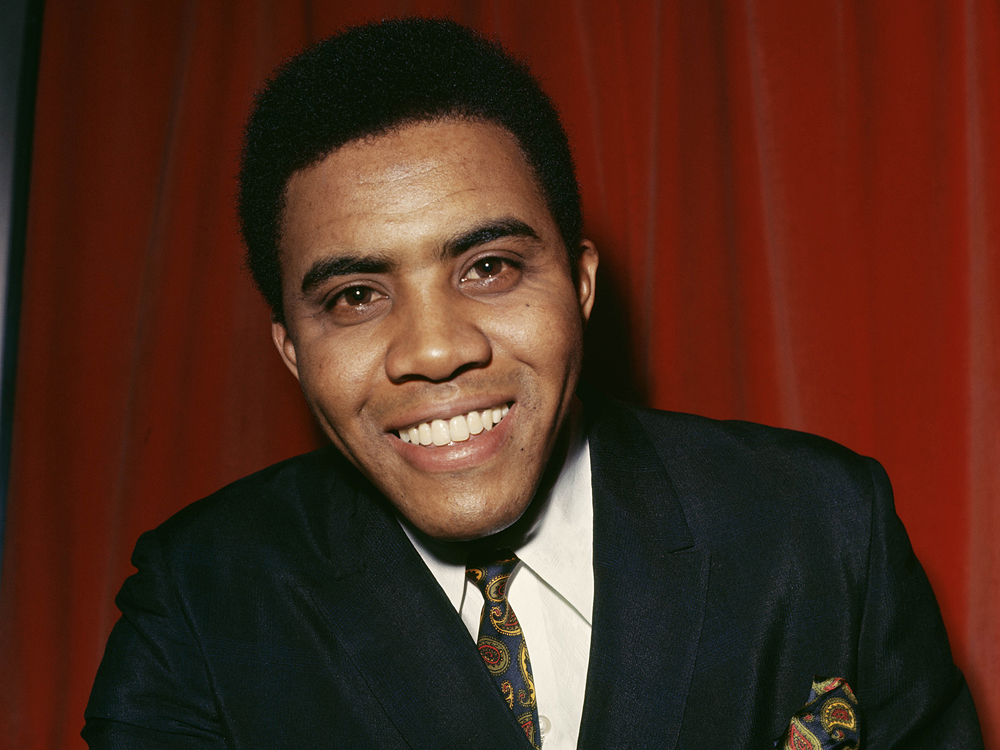
![]()
Jim Hampton’s RADIO RECALL “DJ’s, Cars and Cruisin’ ” aired on WOMC 104.3, Saturday (5-8 AM) August 16, 2014.
Special THANKS to Jim Hampton for donating this WOMC WDC 2014 aircheck gift to Motor City Radio Flashbacks!

![]()
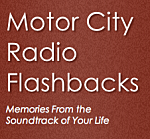 A ’60s Detroit Music Moment Recalled: 1966
A ’60s Detroit Music Moment Recalled: 1966

___
DETROIT — Sunday, August 14, 1966 — They screamed, and they cried. Their devotions to the Beatles, it seems, is undying, and all is forgiven in Detroit.
Close to 32,000 screaming, flashbulb-popping, banner waving, Beatle-loving teenagers and a few parents showed the mop-haired foursome Saturday . . . (MORE see article below) . . . .
— THE DETROIT FREE PRESS
A MCRFB Viewing Tip:
To read the entire Detroit Free Press article (August 14, 1966) click on the article images above (2x) for largest PC view. Click on image again to normal size. Hit your server’s back-button to return to the Motor City Radio Flashbacks home page.
On your mobile device? Tap on image. Open to second window. “Stretch” image across your device screen to magnify for largest print view.


![]()
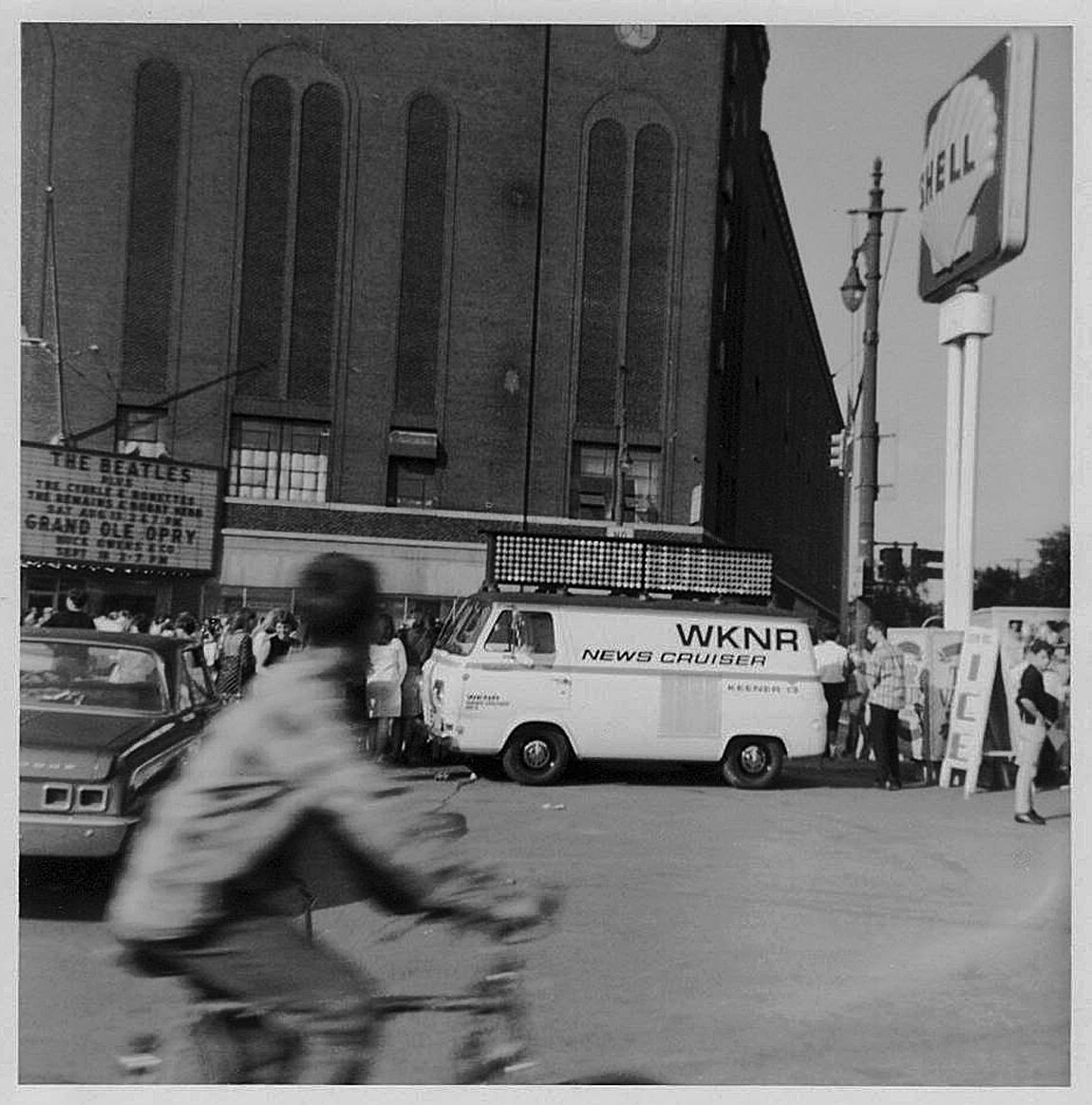
A U G U S T 1 3 , 1 9 6 6 : T O D A Y I N M U S I C H I S T O R Y
_______________

T H E B E A T L E S performed two sold-out concerts before 28,000-screaming Detroit fans at the Olympia Stadium on this day. With 11 standards slated for their second North American tour, they included several of their latter post-1964 hits for the Detroit ’66 performances, Nowhere Man, Day Tripper, If I Needed Someone and Paperback Writer.
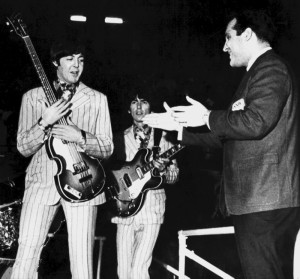
Other acts on the Olympia marquee who performed with the Beatles were The Cyrkle, The Ronettes, The Remains and Bobby Hebb. Immediately after the concert the band took a chartered Greyhound bus to their next scheduled stop in Cleveland.
WKNR deejays emceed both shows. Bob Green took the stage at 7:00 p.m., welcoming the Beatles to the Olympia before the Detroit home crowd. Earlier in the afternoon Scott Regen introduced the Beatles on stage for the 2:00 p.m. performance.
As previously, September 1964, both Beatles’ Olympia Stadium appearances was presented by WKNR. (link: keener13.com)
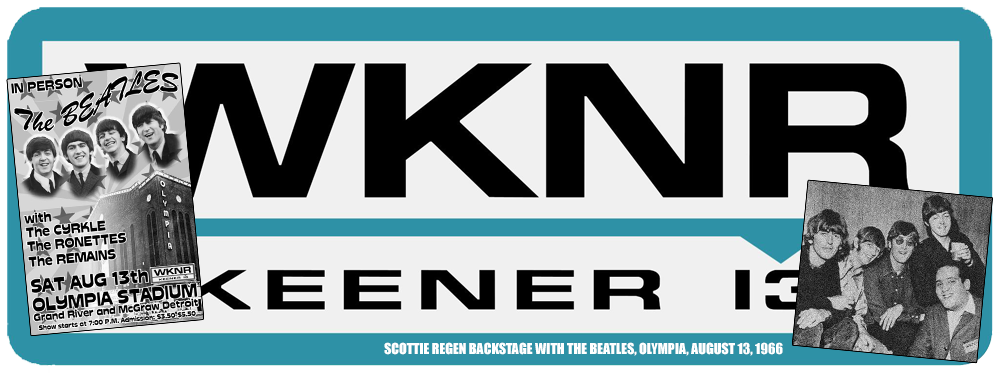
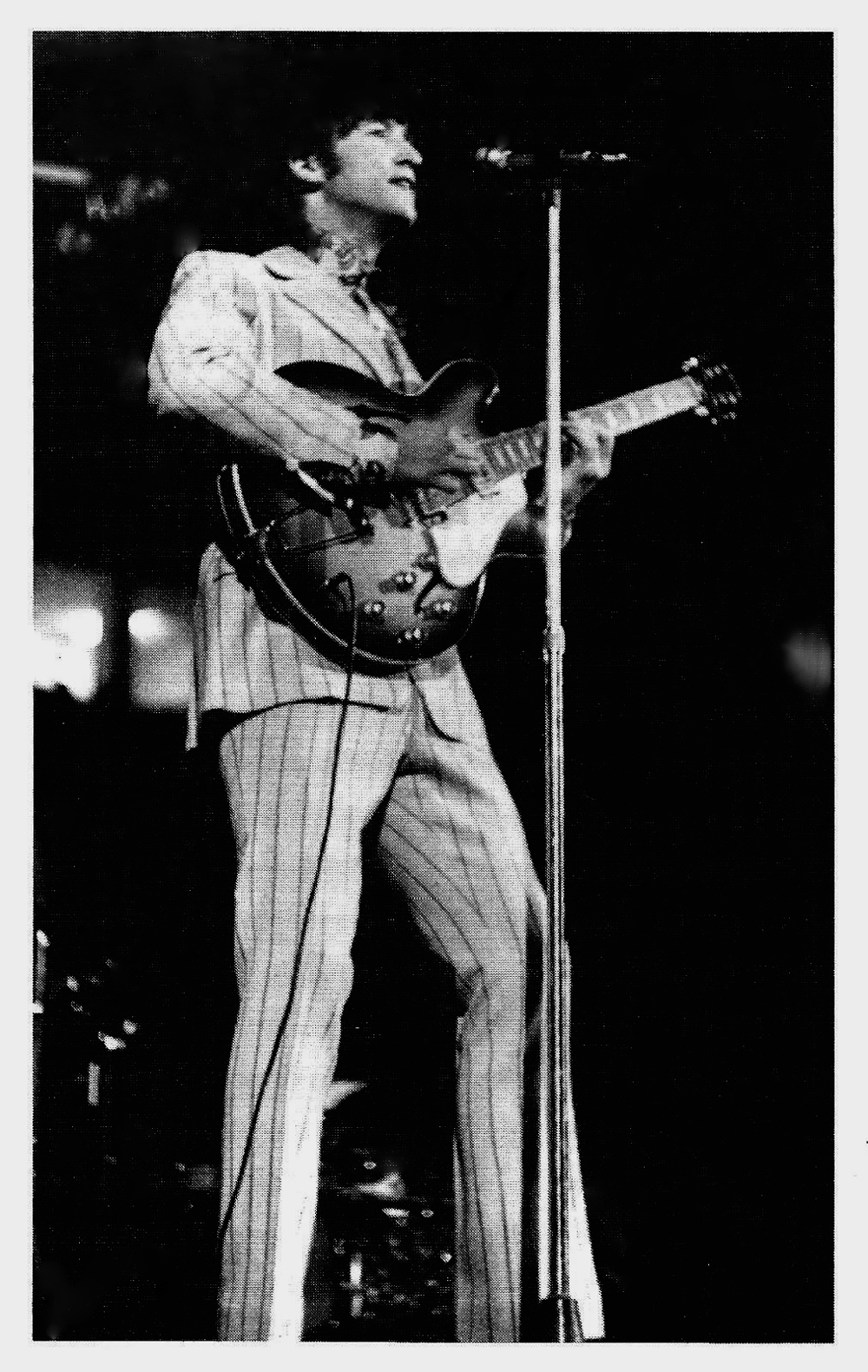
__________________
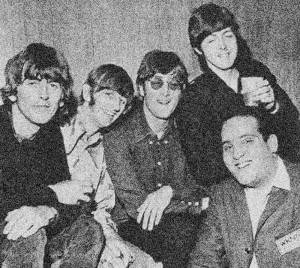
SCOTT REGEN emceed the Beatles first performance for WKNR at the Olympia on August 13, 1966. Scott followed the Beatles across cities in the U. S. during their second North American concert tour that year.
Scott Regen later would recall in a recorded interview with Tim Nixon (WHND; 1983) of his experiences with the Beatles in the 1960s, at the age of 23.
“Quite astonishing, I was astonished at all this… it was almost like this was happening, it’s almost as though I were doing all of these things. And all these things were happening to me and I knew they were happening to me and I knew I was involved, and I knew I was interviewing the Beatles and I went on the Beatles’ tour, half the Beatles tour in ’66, and I saw them in L.A., Chicago and Cleveland. Although I knew all these things were happening to me, I was WATCHING all these things happening to me.” — SCOTTIE REGEN, WKNR
_______________
THE BEATLES INFLUENCE IN MUSIC, SOCIETY, and the group’s IMPACT ON EASTERN SPIRITUALITY in WESTERN CULTURE
by Robert Bernstein (Scott Regen)
_______________
A MCRFB Note — Motor City Radio Flashbacks recently spoke with Scott Regen (August 19 and 29), WKNR No. 1 night time DJ, Detroit, in the 1960s, in commemoration of the Beatles’ fiftieth anniversary of their Detroit performance at the Olympia Stadium, August 13, 1966.
His comments below was recorded(with his permission), thereafter transcribed verbatim from his own words —
_______________
“The Beatles were the end of one type of world and the beginning of another. Because they, there were two worlds I guess you can say, they changed, one was the world of music of course. And they did that with all the innovative things they were able to do with monaural recording and two-track and four-track recording, before stereo even came into existence. And I believe on the the Sergeant Pepper album they didn’t do the stereo mix. I think George Martin did that. So they changed music. The sound of it, the recording of it. And of course, Lennon at one point said he wasn’t sure anybody would remember them after they broke up. So it gives you some idea they didn’t understand themselves what was going to be the result of their musical efforts.
“So one thing they did was change music. They created different music that had ever been created. They left the path behind. The war years, the big band era, they left all that behind. They were influenced by people like Chuck Berry and Little Richard and all that, but they moved on past all that. So that was their musical heritage.
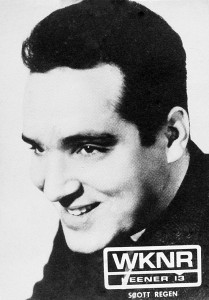 “The other area they influenced was in the spiritual area. Because primarily through George Harrison’s efforts and thinking, and Lennon, but Harrison I think was the driving force, they brought Eastern spiritual thinking to the West with their music. You know they had interaction with the Maharishi Yogi, and transcendental meditation. And several years ago McCartney made an appearance at Radio City Music Hall in New York. It was a big event for transcendental meditation, this was within the last, probably ten years.
“The other area they influenced was in the spiritual area. Because primarily through George Harrison’s efforts and thinking, and Lennon, but Harrison I think was the driving force, they brought Eastern spiritual thinking to the West with their music. You know they had interaction with the Maharishi Yogi, and transcendental meditation. And several years ago McCartney made an appearance at Radio City Music Hall in New York. It was a big event for transcendental meditation, this was within the last, probably ten years.
“So those were the two major things that they did to alter a., music ,and b., the way people looked at life. And all the emphasis now that people put on yoga, and meditation, and all the Eastern spiritual things, nothing like that existed before the Beatles, it virtually didn’t exist in Western society at all. While it was there, in seed form, from their experiences, they brought more open awareness at the time to where Eastern spirituality is presently accepted universally today in our present Western culture.
“The complete meaning of their impact will not be known for some time, perhaps thousands, or perhaps, millions of years, as I will point out.
“While the Beatles clearly did change the sound of music, although they didn’t start out to do that, it was, as they say, born on the stream of time. One could go on and on about the changes the Beatles brought to music and how much we all enjoyed their music, and there are lots of books about it as well. However the best two I have ever read are, 1- “Here There and Everywhere,” by Geoff Emmerick, the Beatles recording engineer. And 2- “Many Years From Now,” by Paul McCartney, with Barry Miles.
“Moreover, the other area of impact, “massive spiritual, psychological impact,” was in bringing Eastern spiritual thinking to the Western world. It began with the Maharishi and continued on with the lyrics to to many songs, to mention, including those of George Harrison after the Beatles breakup. The song “Across The Universe” on the last Beatles LP says it all, along with a Hindu Mantra. Instant Karma is another that comes to mind. Could we imagine a song about karma in the top 10 before the Beatles?
“This spiritual area that they brought to mass awareness, I believe will be their area of longest lasting impact, and the most remembered for years to come, thousands, perhaps millions of years, until that day at last, when each human being is a Realized Being. The end of karma forever!”
—S.R. August 2016
— ACKNOWLEDGEMENT —
A special THANK YOU to Scottie Regen for sharing his recollections, his views on the Beatles and of their significant impact on music and society, both past and present.
Scott Regen is a certified meditation teacher from the Integral Yoga Institute in New York, 2002. Scott Regen in retirement, today teaches meditation and yoga lessons in Florida where he currently resides. MCRFB.COM
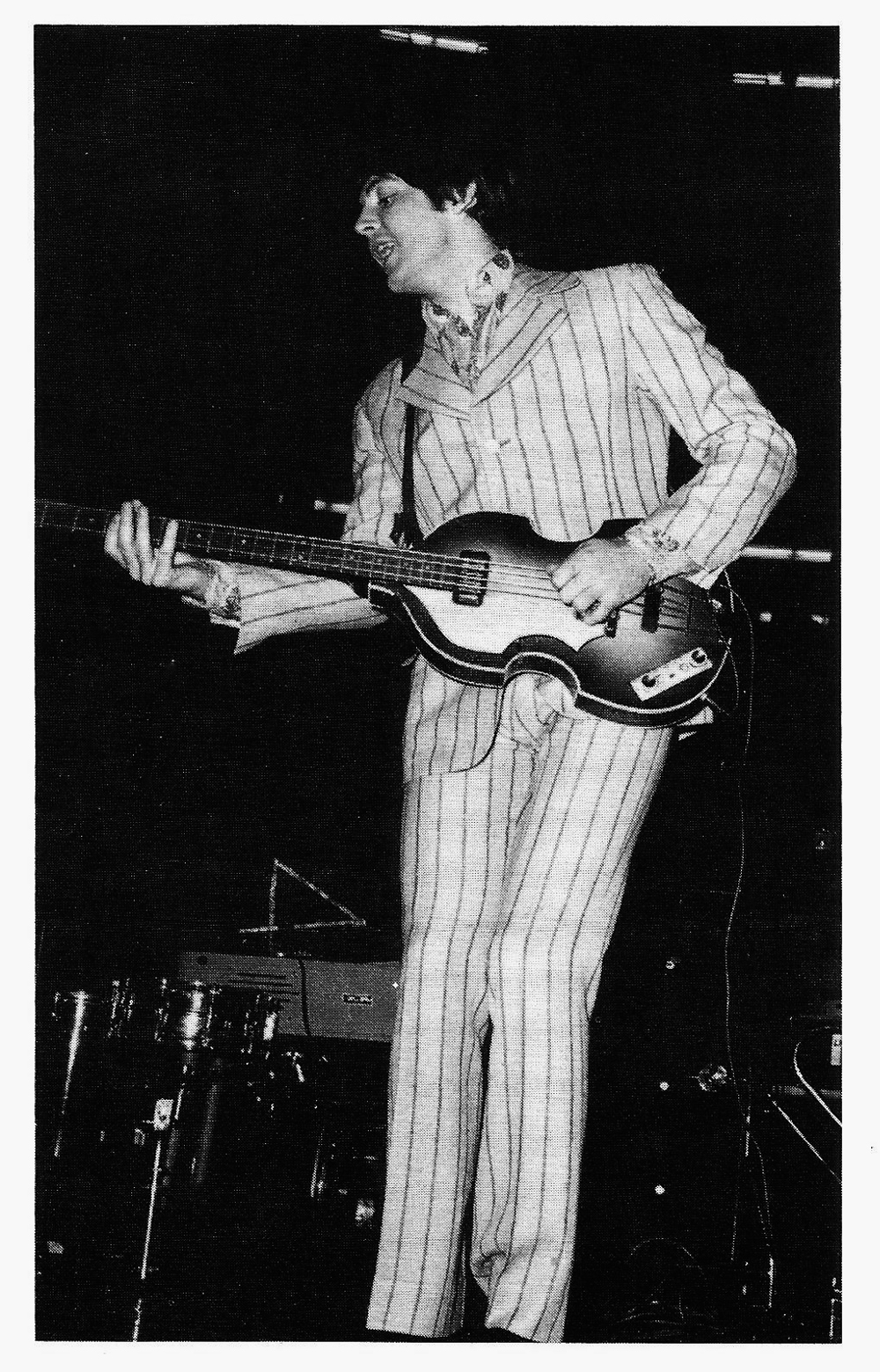
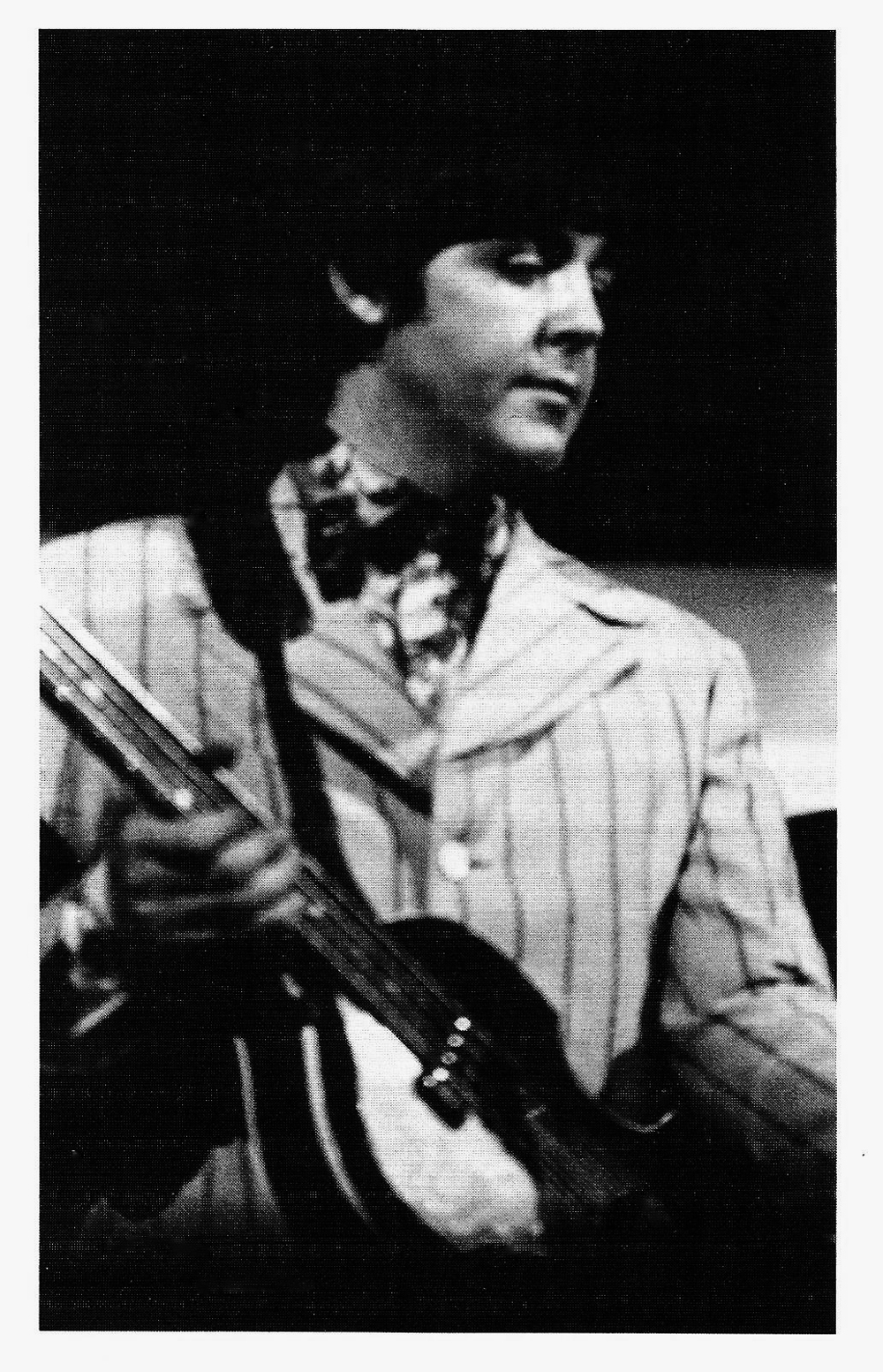
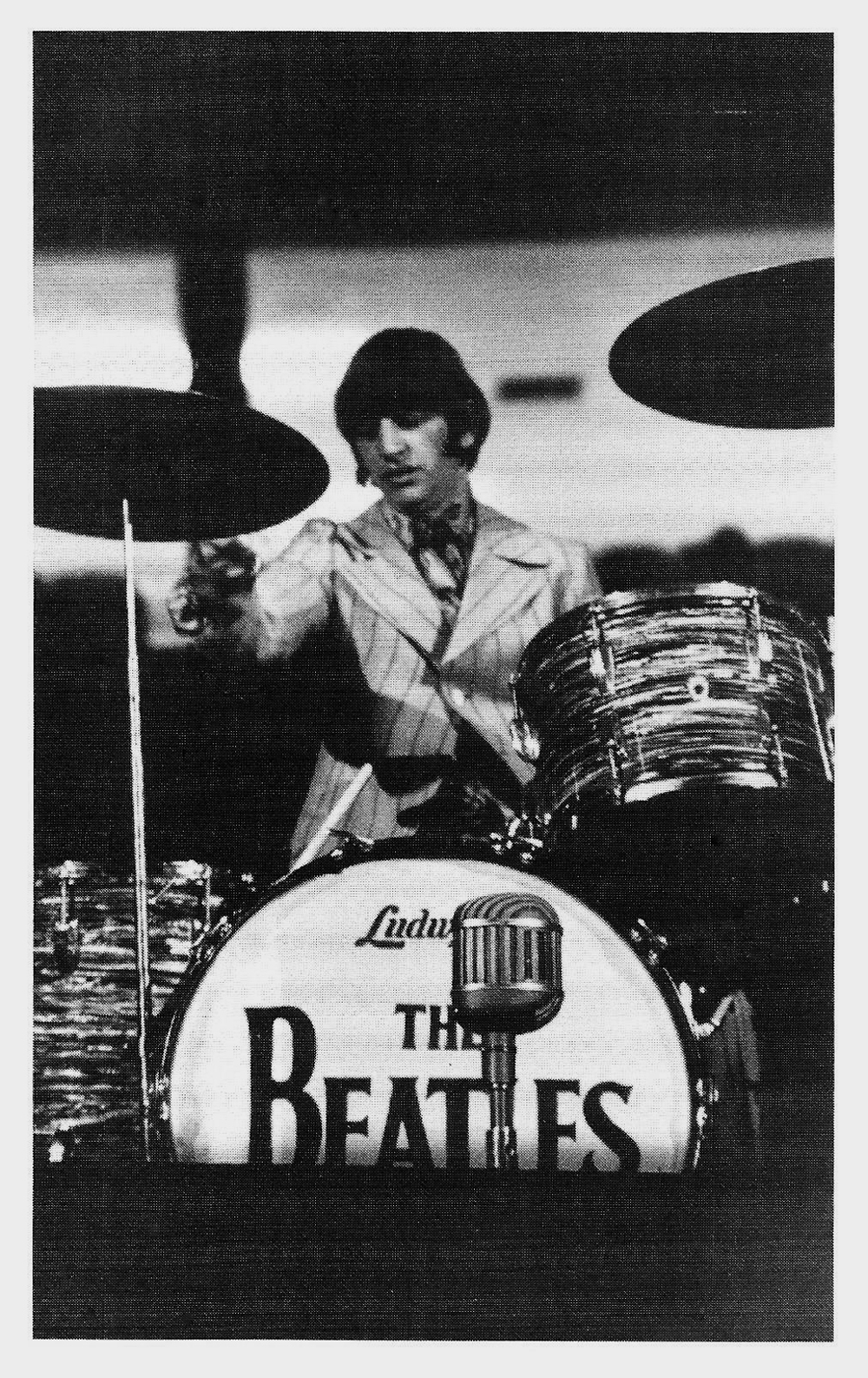
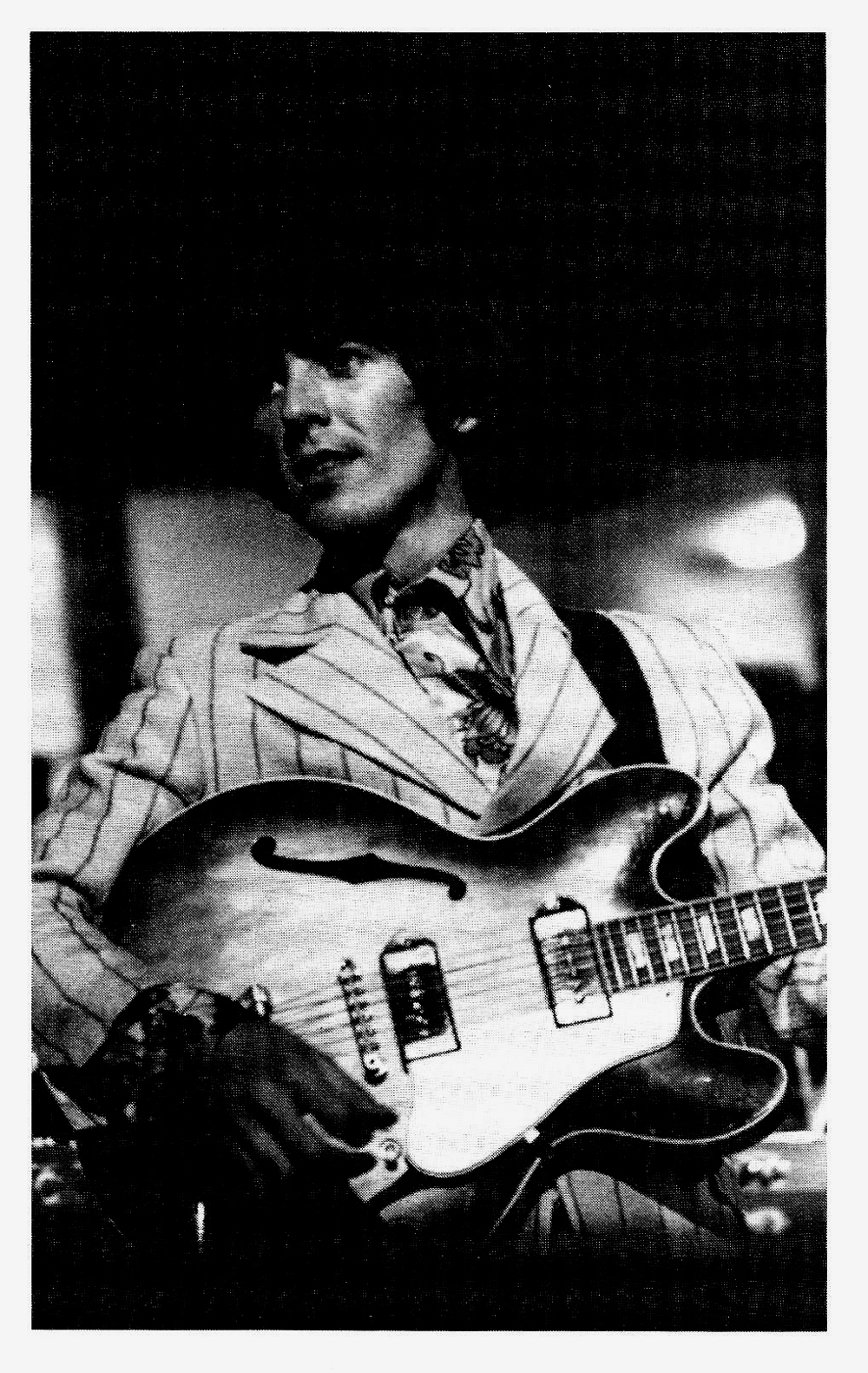
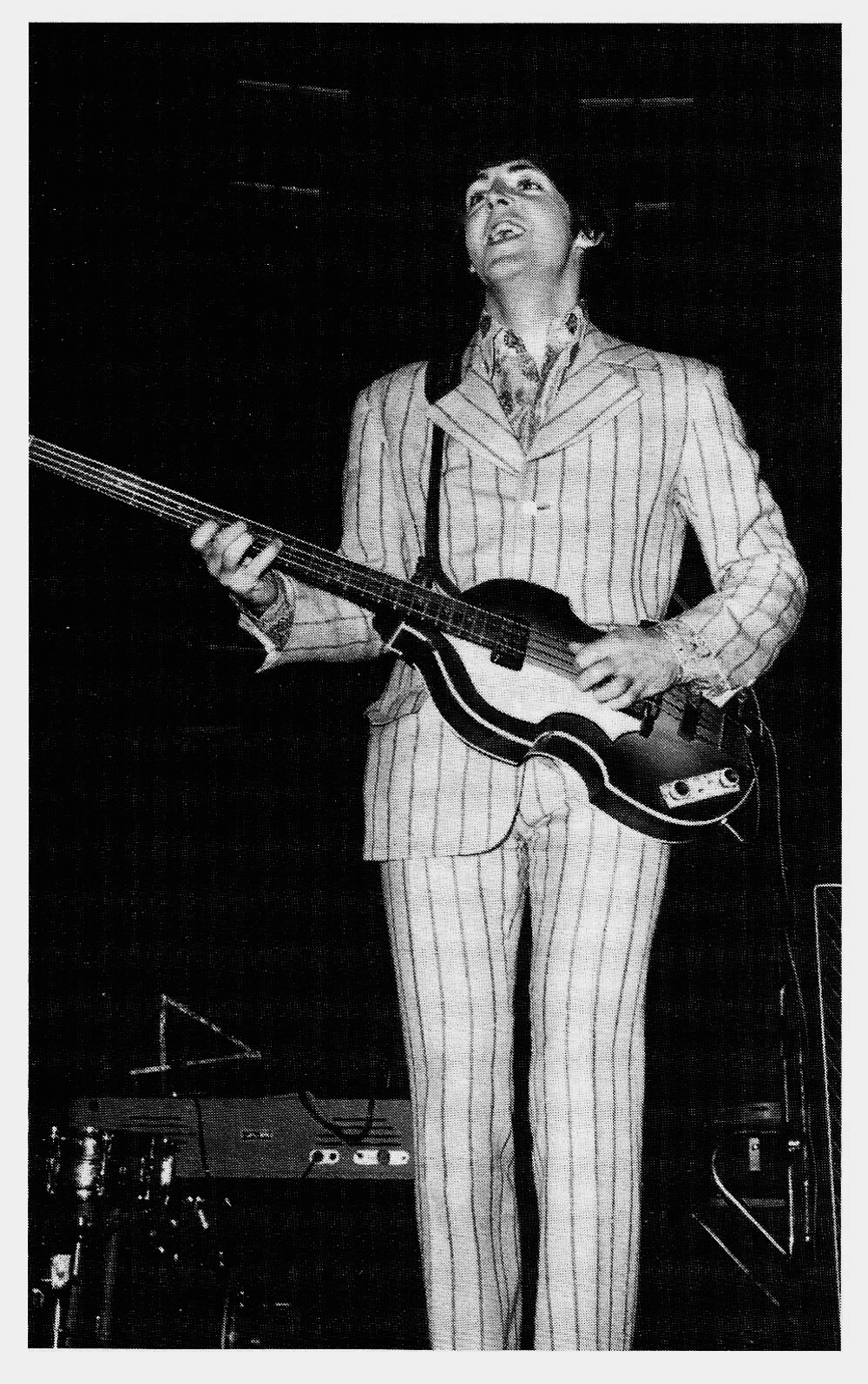
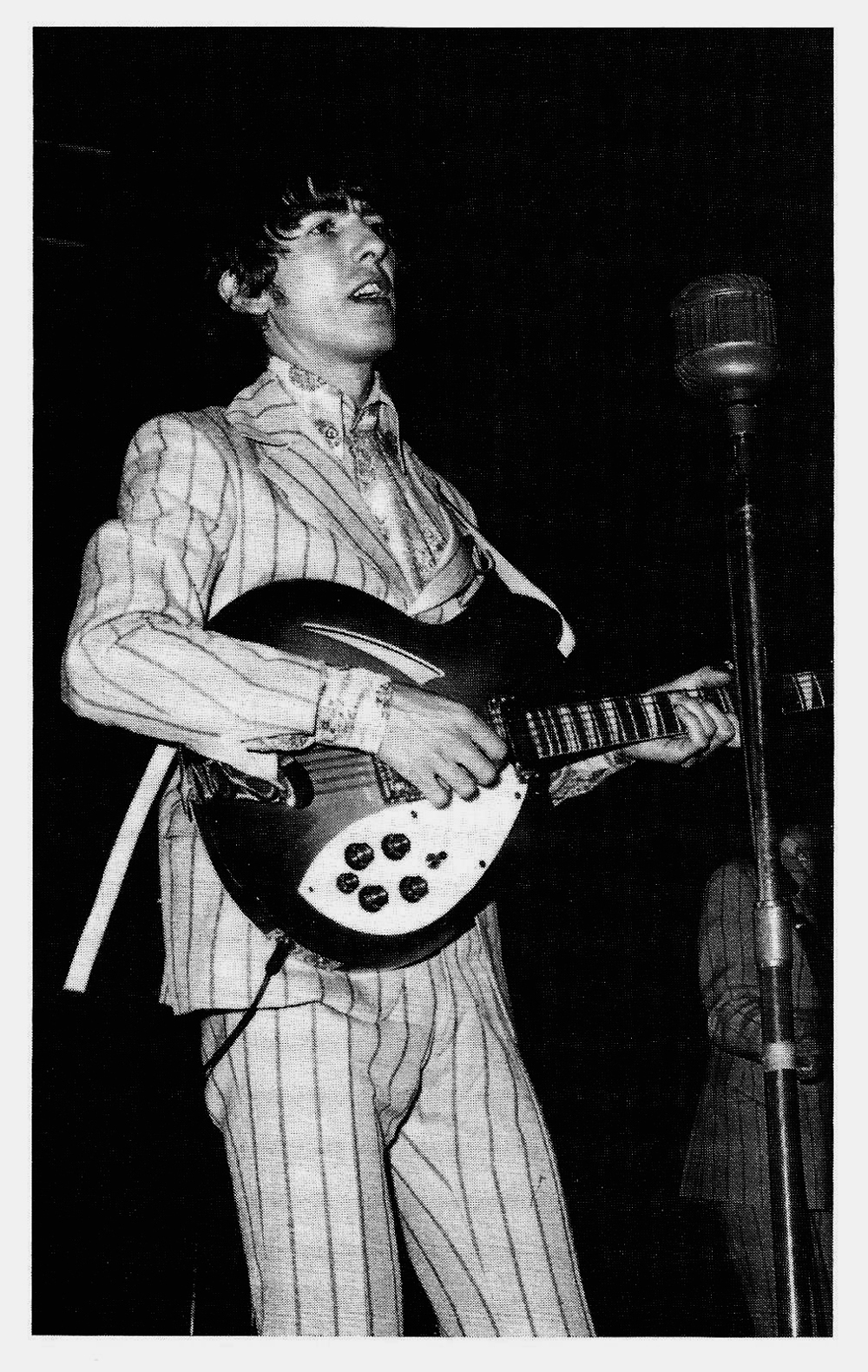
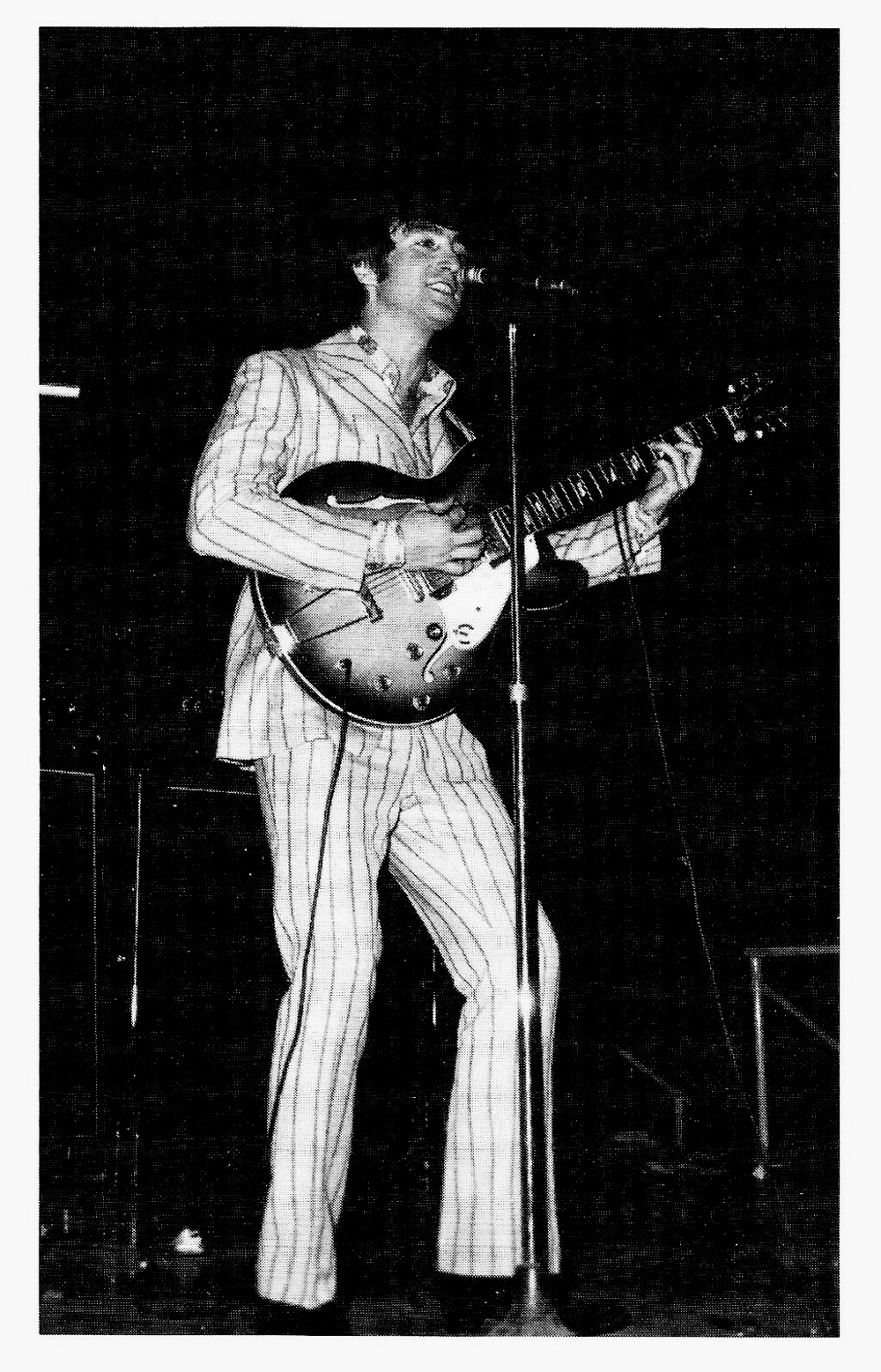
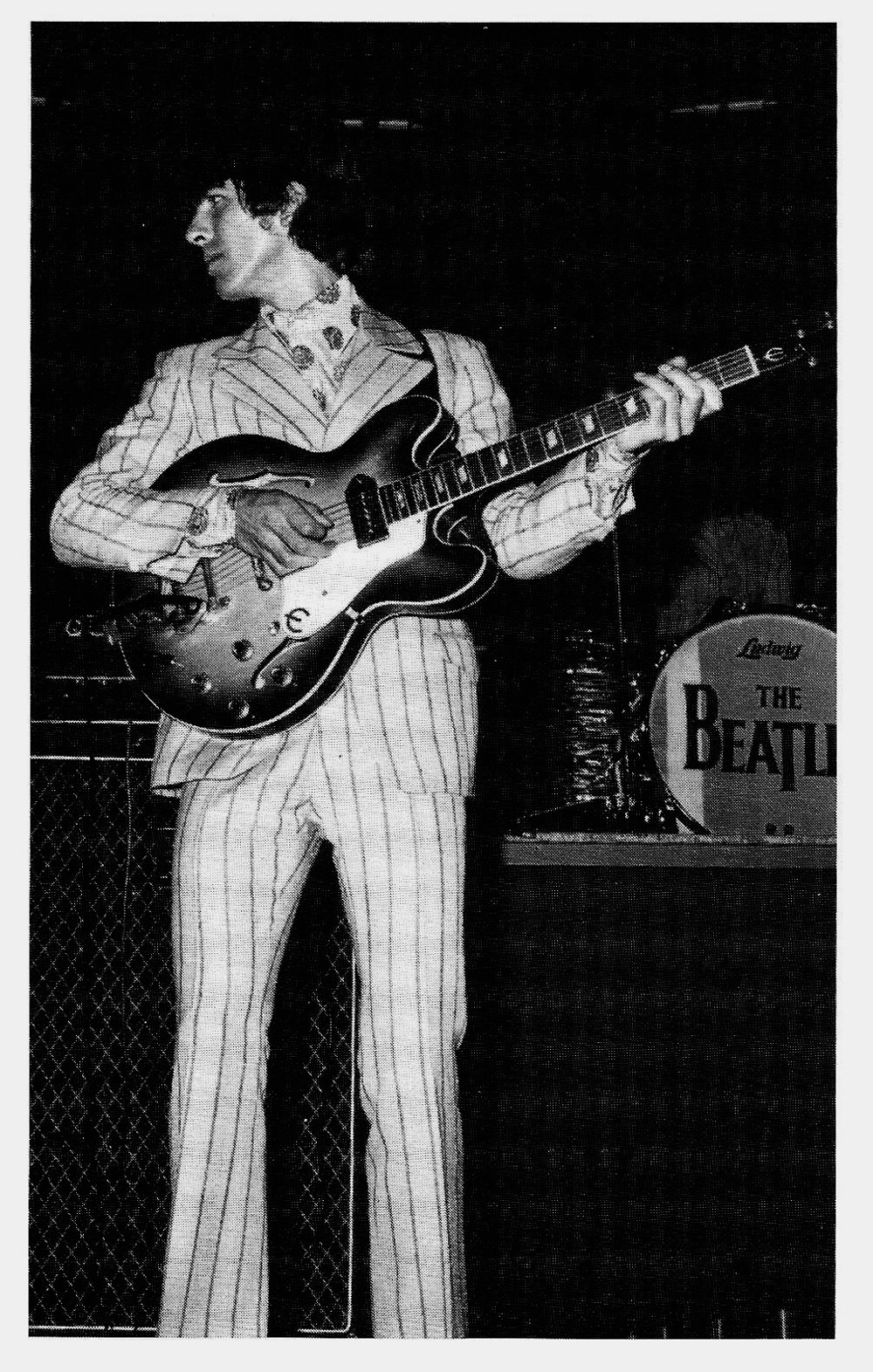
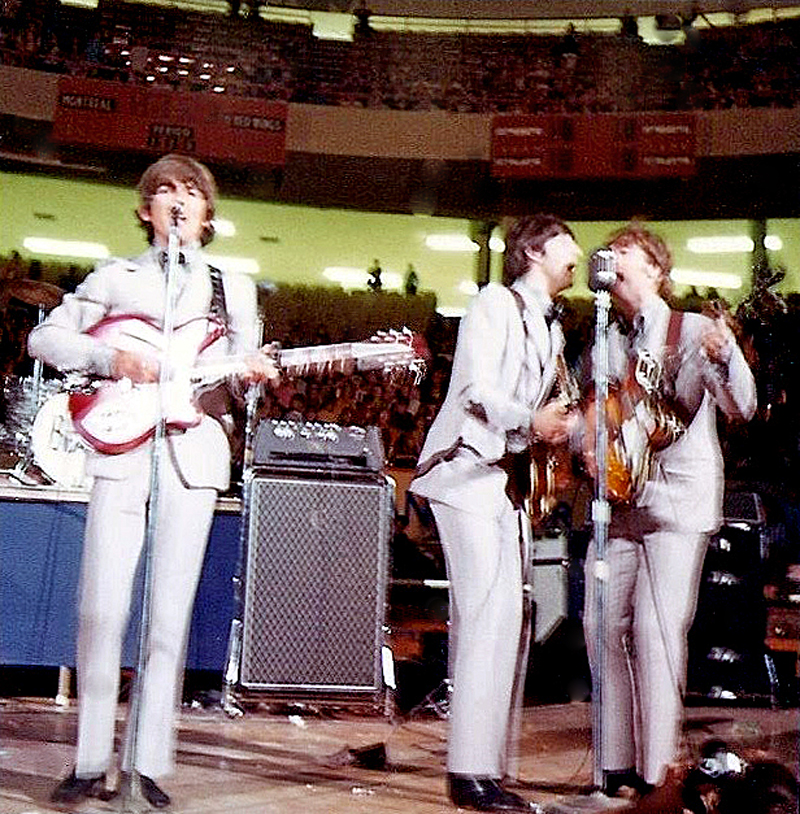
A MCRFB NOTE
A special THANK YOU goes out to RON DOMILICI for providing Motor City Radio Flashbacks a scanned copy of the Olympia Stadium ticket above.
All enlarged Beatles images featured above were purchased (as a set of cards) by the author, as was offered on eBay, 2012.

![]()
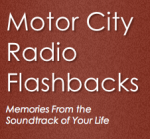 From the MCRFB NEWS archive: 1968
From the MCRFB NEWS archive: 1968
Popular Big 8 Jock Finds Place On Local TV Dance Show
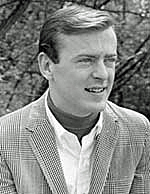
DETROIT — “The Lively Spot,” hosted by CKLW deejay Tom Shannon, bowed here on CKLW-TV (Channel 9) September 30 replacing the Robin Seymour “Swingin’ Time” show.
The show will be seen 3:30-4:30 p.m. Monday through Friday and 6-7 p.m. Saturday when it will be known as “The Tom Shannon Show.”
Shannon will continue his popular 6-9 p.m. CKLW-AM show on the radio. Elmer Jaspan, director of programming for CKLW-TV, predicts Shannon will became a great favorite of Detroit young people on local Detroit/Windsor (Canada) television.
Shannon joined CKLW four years ago. A songwriter, he wrote the 1963 hit, “Wild Weekend,” while a jock in Buffalo. He also wrote “Soul Clappin,” a local hit now currently playing Detroit radio. END
___
(Information and news source: Billboard; October 5, 1968)
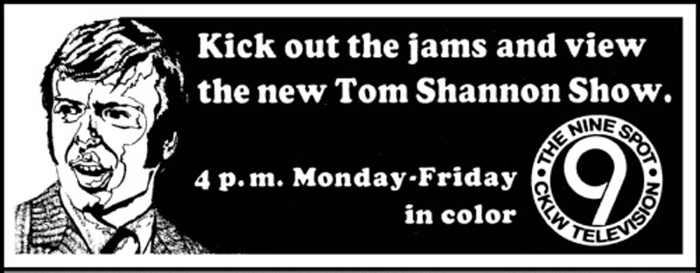

![]()
 From the MCRFB NEWS archive: 1967
From the MCRFB NEWS archive: 1967
NEW YORK — Bill Drake, programming consultant who has just been hired to guide all of the RKO General radio stations, lashed out at the record men who would tag him with the image of a tight playlist addict.
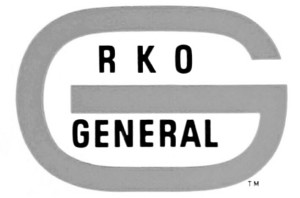 Drake, who scored ratings successes with both KFRC in San Francisco and KHJ in Los Angeles, was in New York last week trying to work his magic on an FM station – WOR-FM, a stereo operation that had already made a sizable dent in New York ratings with a rock ‘n’ roll format.
Drake, who scored ratings successes with both KFRC in San Francisco and KHJ in Los Angeles, was in New York last week trying to work his magic on an FM station – WOR-FM, a stereo operation that had already made a sizable dent in New York ratings with a rock ‘n’ roll format.
One of the first moves of Drake was to install Gary Mack, formerly of KHJ, as program director of the station, replacing Art Wander.
As for other changes in the station, Drake said he would try to improve the presentation of the music and the content. “The station will continue to play a lot of diverse album music, aiming at the 18 -35 age group. It’s going to be rock, using every type of LP cut. Oldies would have a lot of influence, a lot of Motown product, for example.”
He said that other stations under his banner had been playing album cuts, “but to take an album and put it in the control room and say the deejay can play from it is the same fallacy a lot of stations make in saying that Sinatra is a super star. You don’t play Sinatra for the sake of Sinatra; he’s had some bad cuts, too. You don’t play Dylan for the sake of Dylan, Sinatra for the sake of Sinatra, Motown for the sake of Motown.
“The object is to play the good Dylan, the good Sinatra,” he said. And a lot can determine this. People working at the various stations guided by Drake listen to every cut of every LP, every single. Drake credits his success to “hard work and the good people working with me.”
Swap Information
Information between the stations is exchanged in writing, there are conference telephone calls on the music itself, they all exchange playlists. “But the music lists at various stations vary an awful lot. This actually gives us the opportunity, contrary to opinion, to expose and test nine times as many records as anyone else. If a radio station plays three new different records each week that the other stations are not playing, this would run to 27 new records each week.”
Basically, he felt his radio station policy isn’t just to play the top few records. . . but he does advocate not playing “losing” records. “The object is to play winners. Its good for us, it’s good for the record companies. If you have a weak record on the air, it’s obviously going to limit the amount of exposure you can give a strong record.
“I could never understand why record companies wouldn’t be irritated because their good product was being hurt by the amount of weak product sometimes played.”
Fresh Product
Drake does believe definitely in playing new records, saying his stations were spinning LP cuts by the Jefferson Airplane before the group hit pay-dirt with the single. “You’ve always got to have fresh new product on the air, good new records. . . whether by a new or known artists. Otherwise your station winds up with a staleness.”
Playing records by and for the hippies will not lead to a successful radio station, he felt; he believes the whole of San Francisco movement is a myth. Request radio is also too narrowly aimed . . . “what’s wrong is that these stations get the teen-tween listeners. You want them, too, but not exclusively. Younger kids are the only ones, however, who have the time and patience to dial. They aren’t going anywhere anyway.”
The object of winning radio is to please everybody without going after them. “You play ‘Happy Together’ by the Turtles. ‘You Keep Me Hanging On’ by the Supremes. . . those are monster records that everybody likes.”
Still, aside from the “monster” policy, Drake’s stations do have some leeway. Tom Rounds, he said, picked up on “Ode To Billy Joe” early and began playing
it under the assumption it was going to become a monster.
The record hit the chart a week ago like gangbusters and it’s still climbing. So, obviously, is Drake. END
(Information and news source: Billboard; August 12, 1967)
___
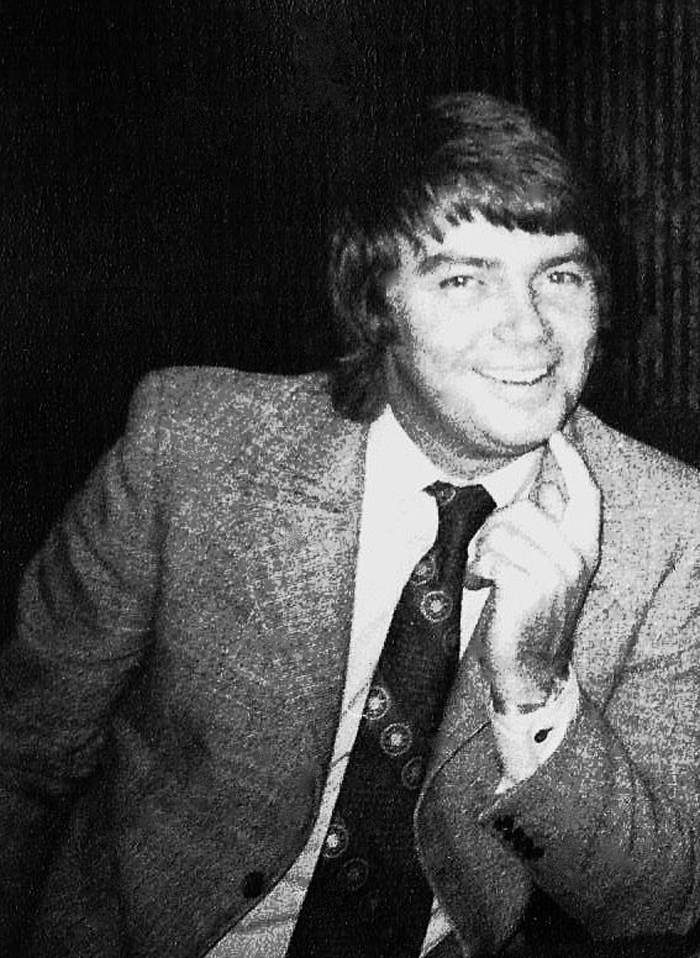
![]()
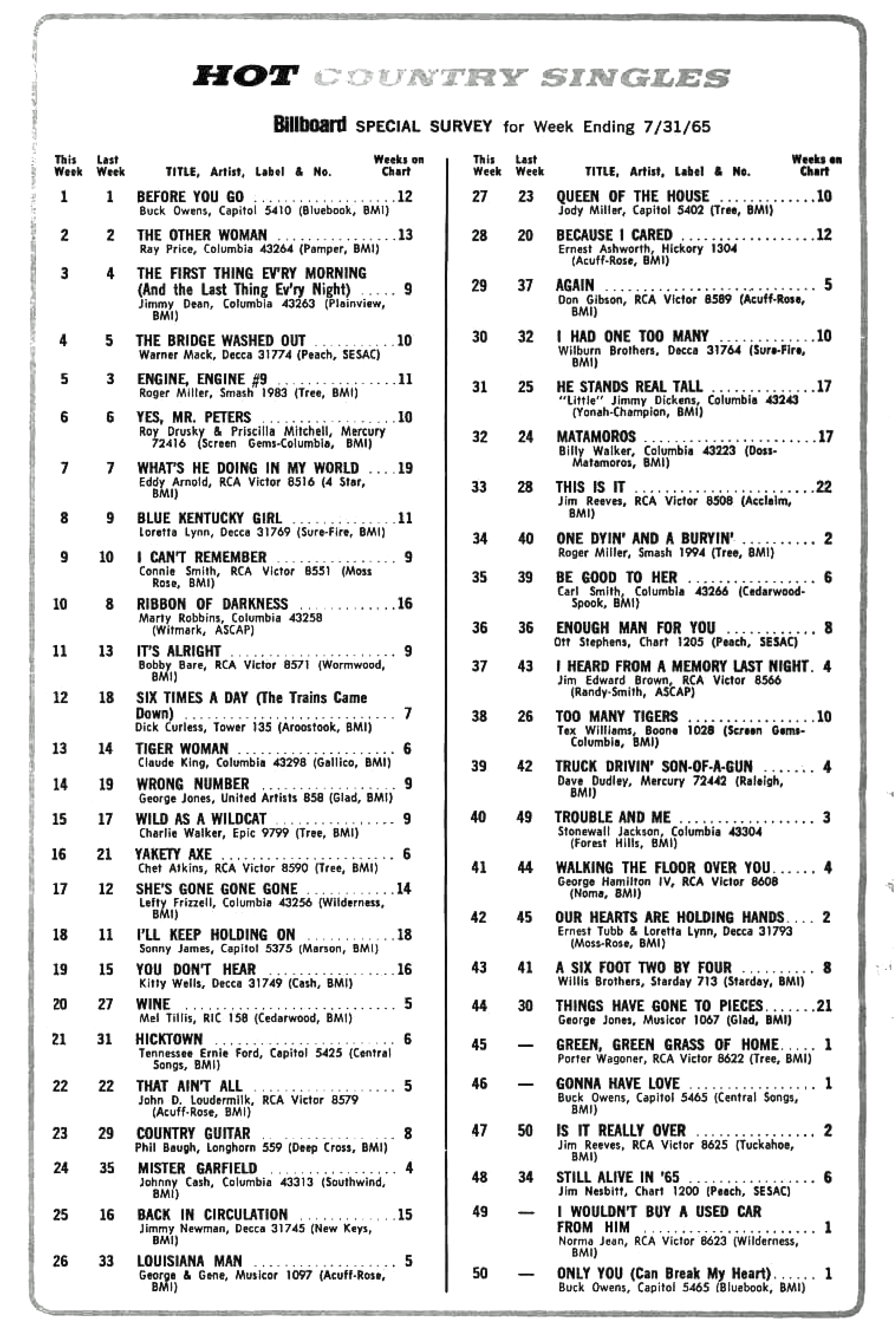





Many of these records were the most popular radio plays heard on Detroit’s only country station 1340 on the AM dial at the time, WEXL, as was tabulated nationally week-ending previous, July 24, 1965.

![]()
 From the MCRFB NEWS archive: 1966
From the MCRFB NEWS archive: 1966
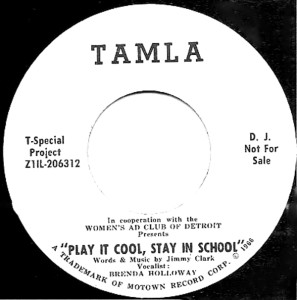 DETROIT — Tamla-Motown Records has joined in with Detroit radio stations in a current stay-in-school campaign. Berry Gordy, president of the record company, provided artist Brenda Holloway, musical arrangers, musicians, studios and recording staff for a record of “Play It Cool, Stay In School.”
DETROIT — Tamla-Motown Records has joined in with Detroit radio stations in a current stay-in-school campaign. Berry Gordy, president of the record company, provided artist Brenda Holloway, musical arrangers, musicians, studios and recording staff for a record of “Play It Cool, Stay In School.”
The song was written and recorded three years ago by Jimmy Clark, music director of WJR. WJR then contributed recording facilities and staff to distribute Clark’s version free.
This time, WXYZ is pressing the records and distributing them to Detroit radio stations and radio stations, schools and organizations all over the nation. The campaign was originated by the Women’s Advertising Club in Detroit. END
___
(Information and news source: Billboard; August 6, 1966)
BRENDA HOLLOWAY

![]()